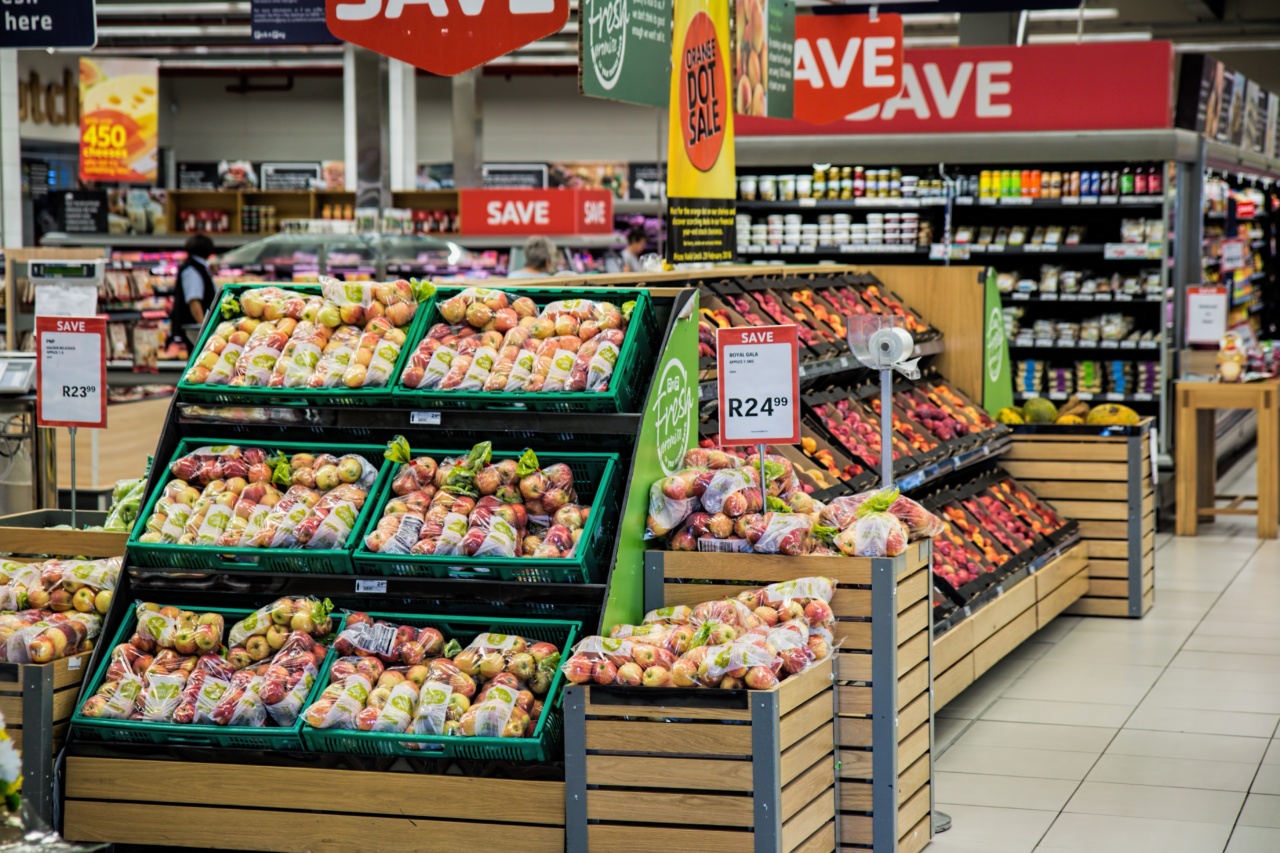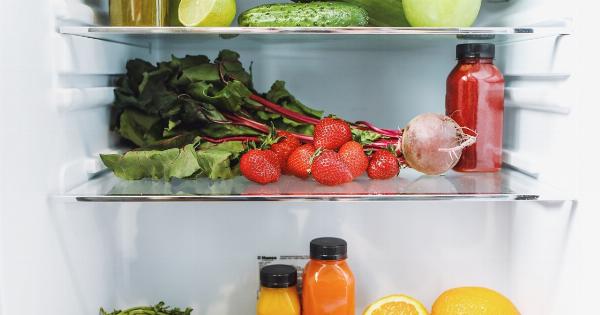Managing your grocery budget efficiently can be a challenging task, especially if you are trying to feed a family on a limited income.
However, with a few smart strategies and proper food maintenance techniques, you can stretch your grocery dollars further and make the most out of every purchase. In this article, we will share eleven food maintenance tips that will help you maximize your grocery budget and minimize waste.
1. Plan Your Meals in Advance
Planning your meals ahead of time is one of the most effective ways to reduce wastage and make the most out of your grocery budget.
Take some time each week to create a meal plan for the upcoming days, considering the ingredients you already have on hand and what needs to be used before it goes bad. This way, you can shop for specific items and avoid unnecessary purchases.
2. Create a Shopping List
Before heading to the grocery store, make a list of the items you need based on your meal plan. Stick to the list and avoid impulsive buying, as this can lead to overspending and excess food waste.
A shopping list helps you stay focused and ensures you only purchase the essentials.
3. Buy in Bulk
Buying non-perishable items in bulk is a great way to save money in the long run. Look for deals and discounts on bulk items such as rice, pasta, canned goods, and spices.
However, be mindful of your storage space and only buy in bulk what you can properly store and use before it expires.
4. Take Advantage of Sales and Coupons
Keep an eye out for sales, promotions, and coupons to maximize your savings. Many grocery stores offer weekly specials and discounts on various products.
By planning your shopping around these opportunities, you can stock up on essential items at lower prices and stretch your budget further.
5. Opt for Seasonal and Local Produce
Choosing seasonal and locally sourced produce is not only a healthier option but also a cost-effective one. Seasonal fruits and vegetables are often cheaper and more abundant, reducing the overall cost of your grocery bill.
Additionally, supporting local farmers can help your community and reduce the environmental impact of long-distance food transportation.
6. Store Food Properly
Proper food storage is essential to minimize wastage. Learn how to store different types of food to extend their freshness and prevent spoilage.
For example, keeping potatoes and onions in a cool and dark place can help them last longer, while storing leafy greens in a sealed container with a paper towel can absorb excess moisture and keep them crisp. Understanding the proper storage techniques can significantly reduce food waste.
7. Preserve Fresh Herbs
If you have herbs that are starting to wilt or are close to expiration, don’t throw them away. Preserve them to use later. One method is to chop the herbs and freeze them in ice cube trays with a little water or olive oil.
These herb cubes can be easily added to recipes when cooking, ensuring that no herbs go to waste.
8. Repurpose Leftovers
Leftovers are an opportunity to create new meals and avoid food waste. Get creative with repurposing leftover ingredients into delicious dishes.
For example, roast chicken can be transformed into a flavorful chicken salad, and rice can be used as a base for a stir-fry. By repurposing leftovers, you not only save money but also minimize the amount of food that goes uneaten.
9. Use Every Bit of Food
Avoid throwing away edible parts of fruits, vegetables, or meats. Many food scraps can be used to create flavorful broths, stocks, or compost.
Vegetable scraps, such as onion peels, carrot tops, and celery leaves, can be collected in a bag in your freezer and later boiled to create a nutrient-rich vegetable broth. Get creative and find ways to use every bit of food to maximize your grocery budget.
10. Monitor Expiry Dates
To avoid wasting food, regularly check expiry dates on perishable items in your pantry and refrigerator. By keeping track of what needs to be used first, you can plan your meals accordingly and prevent items from going to waste.
Consider organizing your pantry and refrigerator to keep track of expiration dates more easily.
11. Educate Yourself on Proper Food Handling
Understanding proper food handling techniques is crucial for minimizing waste. Improper storage or mishandling can lead to spoilage and contamination, forcing you to discard food prematurely.
Take the time to educate yourself on food safety guidelines to ensure that your groceries last as long as possible.





























